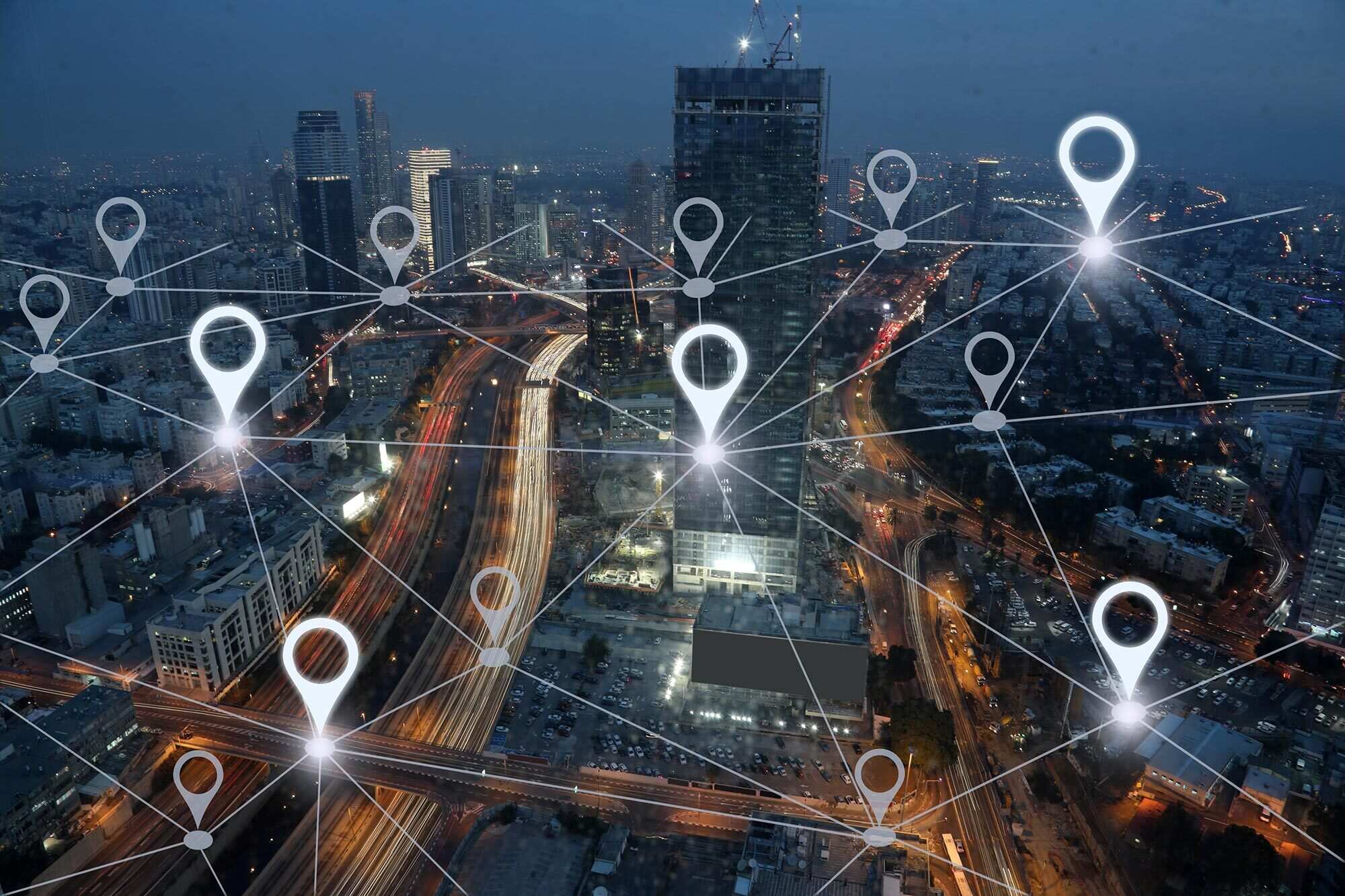
GPS technology has transformed how we navigate our world, making it easier to find our way, track locations, and even manage time. But what exactly is GPS, and how does it work? Global Positioning System (GPS) is a satellite-based navigation system that provides location and time information anywhere on Earth, where there's an unobstructed line of sight to four or more GPS satellites. Developed by the U.S. Department of Defense, it was initially intended for military use but has since become a vital tool for civilians. From smartphones to cars, fitness trackers to drones, GPS is everywhere. Let's dive into 20 fascinating facts about this incredible technology that keeps us on the right path.
What is GPS Technology?
Global Positioning System (GPS) technology has revolutionized how we navigate the world. From finding the quickest route to a destination to tracking fitness activities, GPS has become an integral part of daily life. Here are some fascinating facts about this incredible technology.
-
Developed by the U.S. Department of Defense: Initially designed for military use, GPS technology was developed by the U.S. Department of Defense in the 1970s. It became available for civilian use in the 1980s.
-
24 Satellites in Orbit: The GPS system relies on a constellation of 24 satellites orbiting Earth. These satellites transmit signals that GPS receivers use to determine precise locations.
-
First GPS Satellite Launched in 1978: The first GPS satellite, Navstar 1, was launched in 1978. This marked the beginning of a new era in navigation and positioning technology.
How GPS Works
Understanding how GPS works can be quite intriguing. It involves a complex interplay between satellites, ground stations, and receivers.
-
Triangulation Method: GPS determines a location using a method called triangulation. By measuring the distance from at least three satellites, a GPS receiver can pinpoint its exact position.
-
Atomic Clocks: Each GPS satellite is equipped with atomic clocks, which provide extremely accurate time measurements. These precise time signals are crucial for calculating distances.
-
Ground Control Stations: Ground control stations monitor and manage the GPS satellites. They ensure the satellites are functioning correctly and their orbits are maintained.
Applications of GPS Technology
GPS technology is not just for navigation. Its applications span various fields, making it an indispensable tool in modern society.
-
Navigation Systems: One of the most common uses of GPS is in navigation systems for cars, boats, and airplanes. It helps users find the best routes and avoid traffic.
-
Geocaching: Geocaching is a popular outdoor activity where participants use GPS to hide and seek containers, called "geocaches," at specific locations marked by coordinates.
-
Fitness Tracking: Many fitness devices and apps use GPS to track activities like running, cycling, and hiking. It provides accurate data on distance, speed, and routes.
-
Agriculture: Farmers use GPS technology for precision agriculture. It helps in mapping fields, monitoring crop conditions, and guiding machinery for planting and harvesting.
GPS in Everyday Life
The impact of GPS technology extends to various aspects of daily life, often in ways we might not immediately recognize.
-
Emergency Services: GPS is crucial for emergency services. It helps dispatchers locate and send help to people in distress quickly and accurately.
-
Wildlife Tracking: Conservationists use GPS to track and study wildlife. It provides valuable data on animal movements and behaviors.
-
Fleet Management: Companies use GPS to manage vehicle fleets. It helps in tracking vehicle locations, optimizing routes, and improving overall efficiency.
-
Weather Forecasting: GPS technology aids in weather forecasting by providing data on atmospheric conditions. This information helps meteorologists predict weather patterns more accurately.
Interesting Facts About GPS
Here are some lesser-known yet fascinating facts about GPS technology that highlight its versatility and importance.
-
Time Synchronization: GPS is used to synchronize time across various systems, including financial networks, communication systems, and power grids.
-
Space Exploration: GPS technology is used in space exploration missions. It helps in navigation and positioning of spacecraft.
-
Augmented Reality: Many augmented reality (AR) applications rely on GPS to provide location-based experiences. It enhances the user experience by overlaying digital information on the real world.
-
Gaming: GPS is used in location-based games like Pokémon GO. It allows players to interact with virtual elements in real-world locations.
-
Disaster Management: GPS technology plays a crucial role in disaster management. It helps in mapping affected areas, coordinating rescue operations, and delivering aid.
-
Personal Safety: Many personal safety devices, like emergency beacons and tracking apps, use GPS to provide real-time location information. This can be vital in situations where immediate assistance is needed.
The Final Word on GPS Technology
GPS technology has transformed how we navigate our world. From guiding us on road trips to helping rescue teams find lost hikers, its impact is undeniable. Satellites orbiting Earth send signals to our devices, providing precise location data. This tech isn't just for maps; it's crucial for military operations, scientific research, and even financial transactions.
Accuracy has improved over the years, making GPS more reliable than ever. It's fascinating how atomic clocks in satellites ensure this precision. Plus, GPS has found its way into everyday gadgets like smartphones and fitness trackers, making our lives easier.
As technology advances, GPS will continue evolving, offering even more innovative applications. Whether you're a tech enthusiast or just someone who enjoys a good road trip, GPS technology is something we all rely on.
Was this page helpful?
Our commitment to delivering trustworthy and engaging content is at the heart of what we do. Each fact on our site is contributed by real users like you, bringing a wealth of diverse insights and information. To ensure the highest standards of accuracy and reliability, our dedicated editors meticulously review each submission. This process guarantees that the facts we share are not only fascinating but also credible. Trust in our commitment to quality and authenticity as you explore and learn with us.


